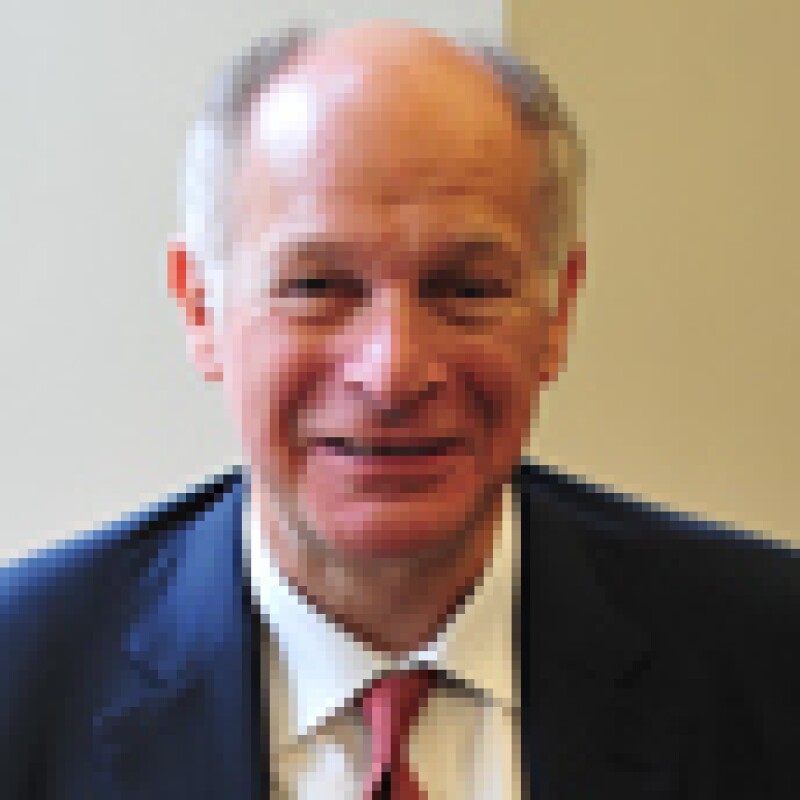In a decision today, the UK Supreme Court reversed the Court of Appeal, finding that providing replacement bottles for crates did not amount to patent infringement. The ruling could have implications in cases involving other consumable goods, such as ink cartridges and coffee capsules.

The Schütz case concerned intermediate bulk containers, which consist of a replaceable bottle or container to store liquids, housed in a steel cage. The patent covered the cage and Schütz argued that Werit was infringing by supplying replacement bottles.
Lord Justice Neuberger (right), who wrote the opinion for a unanimous Court, rejected the approaches taken by both the first instance and appeal courts, saying: “The first question to consider is whether either of the Courts below adopted the right approach to the question which they had to decide. In my view, they did not.”
However, he reached the same conclusion as the High Court Judge, Mr Justice Floyd, namely that Werit did not infringe.
Neuberger adopted a more nuanced approach than the Court of Appeal, saying that “the question of whether replacing a part of a patented article constitutes ‘making’ is a matter of fact and degree”. He set out numerous factors to be considered in this evaluation.
In this case, he said, the bottle was a freestanding, replaceable component, had no connection with the claimed inventive concept, has a shorter life expectancy and could not be described as the main component of the article.
The judge discussed the previous UK cases, notably United Wire, as well as German case law, in some depth, and argued that his approach was consistent with both.
However, some patent owners may feel that their rights are more limited following this decision than they were before.
Stephen Bennett of Hogan Lovells, who acted for Werit, conceded that might be the case, but only for certain inventions. “In some cases, the invention will be in the replacement part,” he told Managing IP. He added that patent drafters in these types of cases should pay attention to “how they characterise the invention and where it resides”.
Patent owners may also look to other rights, including designs and branding, to protect their market share. Indeed, there was a trade mark aspect to this case in the UK.
The case may have an impact on pending litigation relating to the Nespresso coffee machines, which was due to start in the High Court this week.
Werit was represented by barristers Simon Thorley QC and Thomas Mitcheson and Hogan Lovells. Schütz was represented by Richard Meade QC and Lindsay Lane and SNR Denton.
Managing IP understands that patent litigation between the parties is continuing in Germany and Australia.










